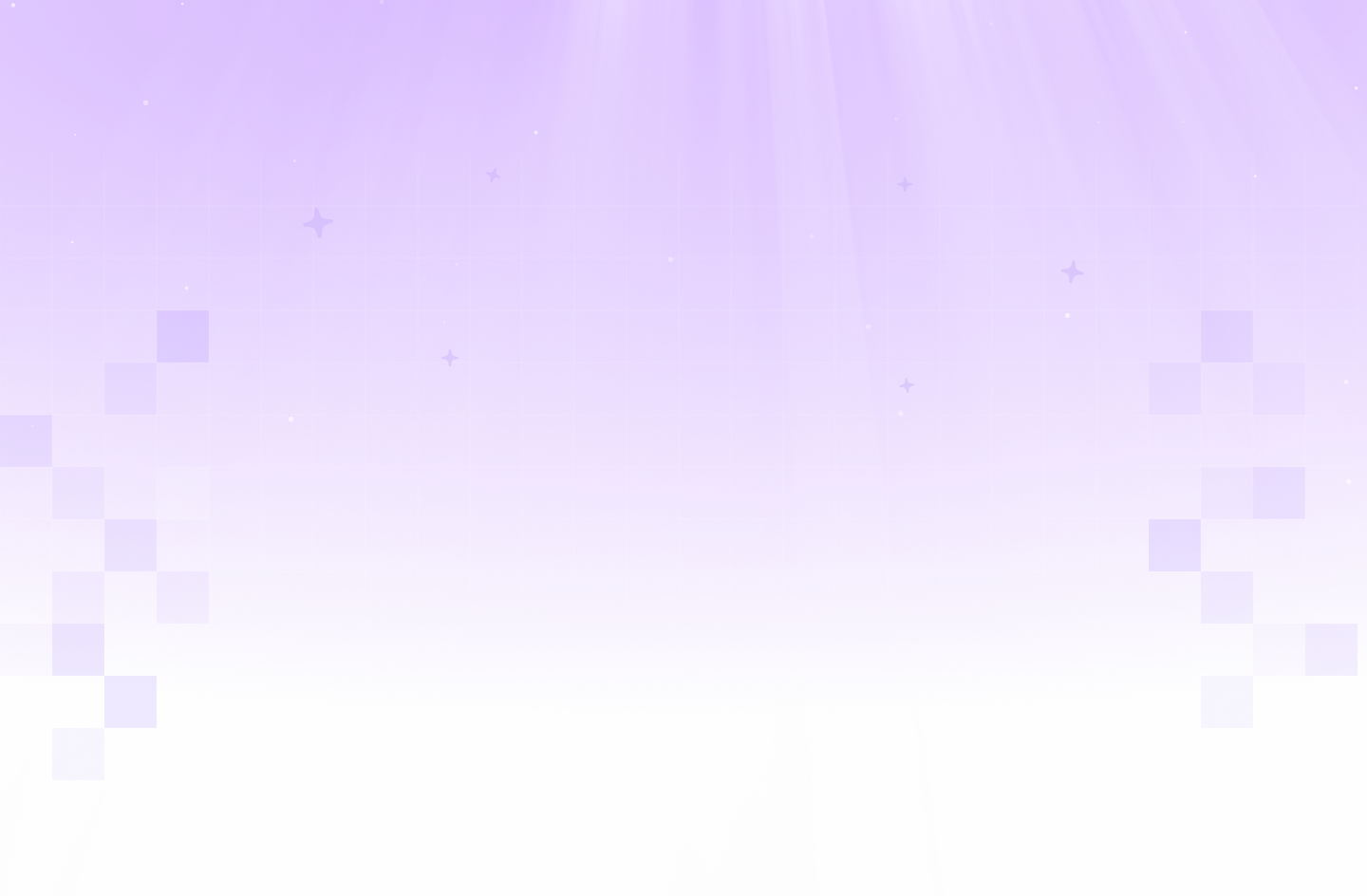Landing an interview is a fantastic accomplishment, but the process doesn't end when you leave the interview room. Writing a thank you letter is an often overlooked yet powerful way to leave a lasting impression. It shows appreciation, keeps you top of mind, and reinforces your fit for the role. Let’s explore how to craft a thank you letter that not only expresses gratitude but also strengthens your candidacy.
Why a Thank You Letter Matters
You might be wondering, why bother with a thank you letter when the interview itself went well? Well, there's a good reason. Sending a thank you letter isn't just about being polite. It's an opportunity to highlight your enthusiasm for the role, remind the interviewer of your skills, and leave a positive impression. Imagine the interviewer sifting through candidates. Your thank you note could be the nudge that sets you apart.
The Timing of Your Thank You
Timing is everything. You don't want to send it too soon, making it seem rushed, nor too late, which may look like an afterthought. Aim to send your thank you letter within 24 to 48 hours after the interview. This time frame shows that you are prompt and considerate, yet gives you enough time to reflect and craft a thoughtful message.
Choosing Between Email and Traditional Mail
Deciding whether to send your thank you letter via email or traditional mail can depend on the company culture and the urgency of the hiring process. Generally, email is the preferred method for its speed and convenience. However, if the company has a more traditional corporate culture and time allows, a handwritten letter can make a memorable impact. Just be sure your handwriting is neat and legible.
Structuring Your Thank You Letter
Just like any good piece of writing, a thank you letter benefits from a clear structure. Here's a simple outline to follow:
- Greeting: Address the interviewer by name.
- Opening: Express gratitude for the opportunity.
- Main Body: Reinforce your interest in the position and briefly remind them of your qualifications.
- Closing: Thank them again and express a desire to hear from them soon.
Sample Introduction
Dear [Interviewer's Name],
Thank you so much for the opportunity to interview for the [Job Title] position at [Company Name]. I appreciated the chance to learn more about your team and the exciting projects on the horizon.
Crafting the Body of Your Letter
This is where you tie in elements from your interview. Mention a specific topic you discussed or a question you answered well. This not only shows that you were attentive, but also helps the interviewer remember you positively.
During our conversation, I was particularly fascinated by [specific detail discussed]. It reaffirmed my enthusiasm for the role and how my experience with [relevant experience] can contribute to your team’s success.
Ending on a Strong Note
Your closing should reiterate your appreciation and leave the door open for future communication. Here’s how you might wrap it up:
Thank you once again for the opportunity to discuss my application. I am very eager to bring my skills in [relevant skills] to [Company Name]. Please feel free to reach out if you need any more information from my side.
Warm regards,
[Your Name]
Common Mistakes to Avoid
While writing a thank you letter seems straightforward, there are common pitfalls many fall into. Here’s a quick list of what to watch out for:
- Spelling and Grammar Errors: These can undermine your professionalism. Proofread your letter carefully.
- Generic Tone: Personalize your letter by mentioning specific details from the interview.
- Over-enthusiasm: While enthusiasm is good, don't come across as desperate. Keep it professional.
- Forgetting to Sign: Always include your name at the end of your letter.
Example of a Common Mistake
Dear Hiring Manager,
Thanks for the interview. I really want this job and hope to hear from you soon.
Sincerely,
[Your Name]
Notice how impersonal and vague that is? It lacks specific details and doesn’t reiterate any connection made during the interview.
Personalizing Your Thank You
To make your thank you letter stand out, personalize it as much as possible. Reference specific points from the interview, or mention something unique about the company that excites you. This not only shows genuine interest but also demonstrates that you’ve done your homework.
Adding a Personal Touch
If during your interview, you and the interviewer connected over a shared interest, mention it! Here's an example:
It was great to discover our shared interest in [shared interest]. I look forward to potentially working alongside someone with such passion.
When to Follow Up
After sending your thank you letter, it's crucial not to sit back and wait indefinitely. If you haven’t heard back after a week or so, a polite follow-up email can be appropriate. Keep it short and upbeat, reiterating your interest in the position.
Sample Follow-Up Email
Dear [Interviewer's Name],
I hope this message finds you well. I wanted to express my continued interest in the [Job Title] position and inquire about the next steps in the hiring process.
Thank you once again for the opportunity.
Best regards,
[Your Name]
How Spell Can Enhance Your Thank You Letter
Writing a thank you letter doesn’t have to be daunting, especially with tools like Spell. Spell can help you draft a professional letter in seconds. It allows you to edit using natural language and ensure your letter is polished and free of errors—all within a collaborative document editor. You can even work with your team to get feedback on your draft in real time.
Final Thoughts
Crafting a thoughtful thank you letter is a small step that can yield significant benefits in your job search. It reinforces your qualifications, keeps you top of mind, and showcases your professionalism. And when you need a little extra help, Spell is there to streamline your writing process, helping you create high-quality documents quickly and efficiently.







